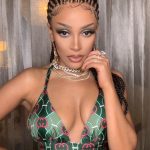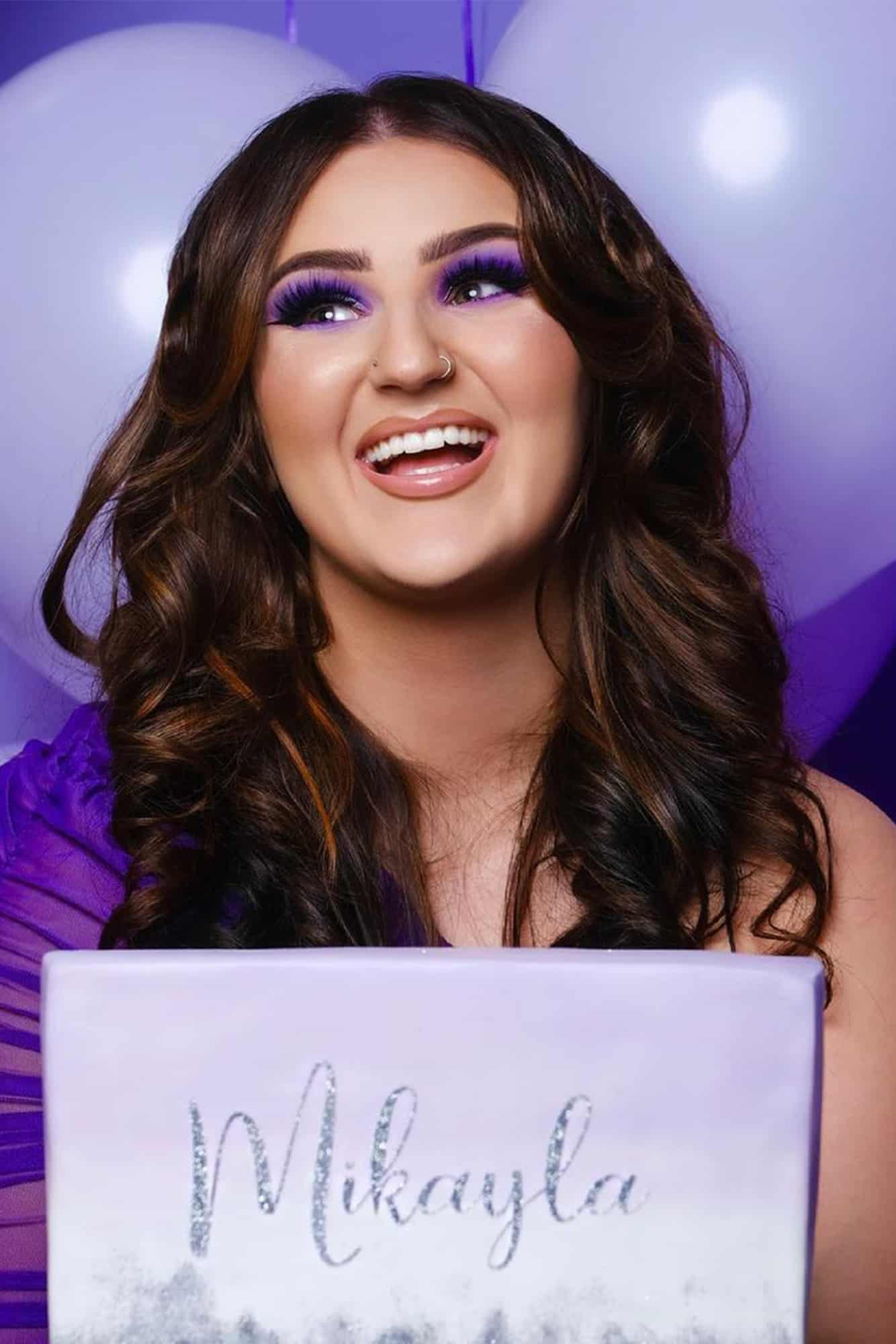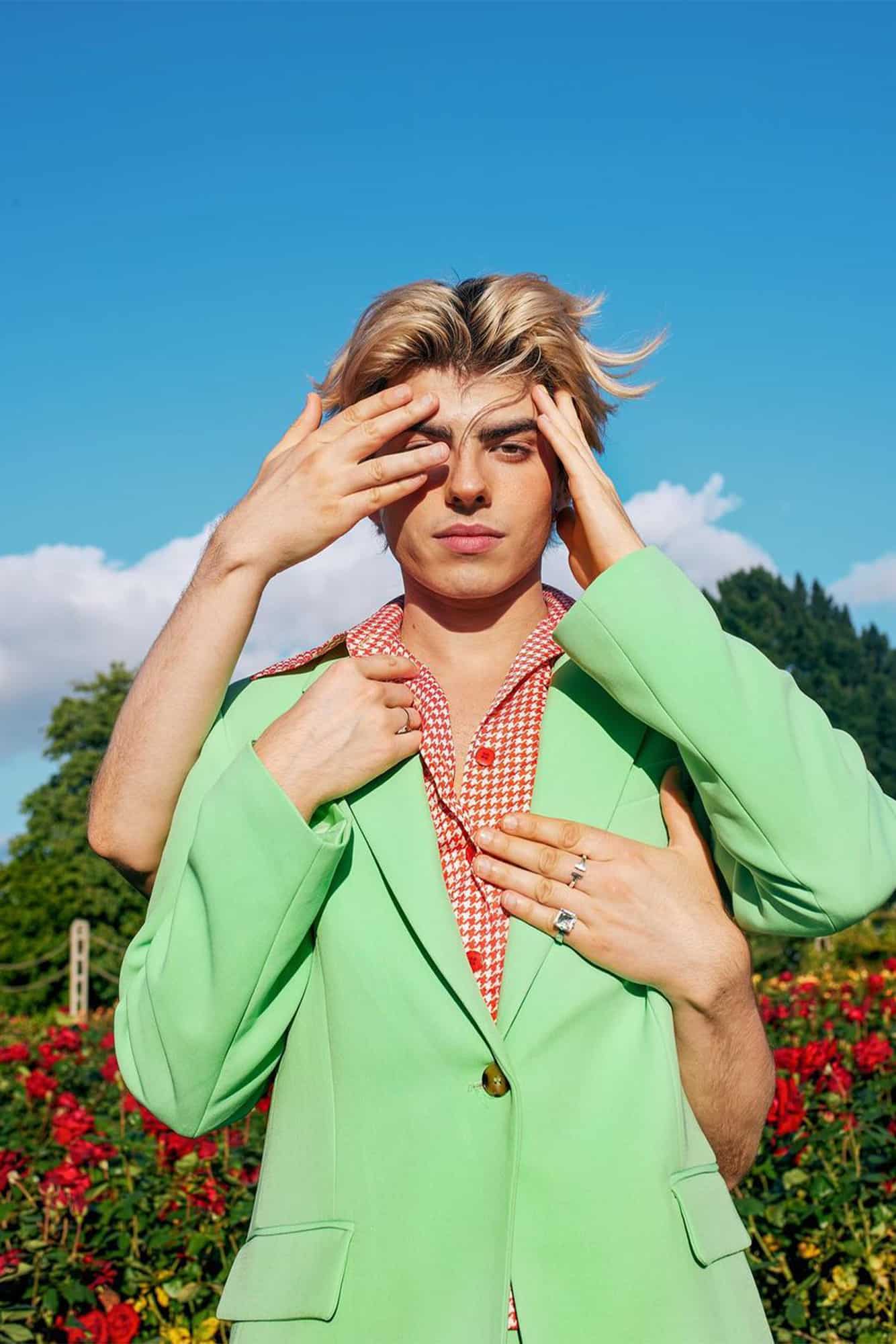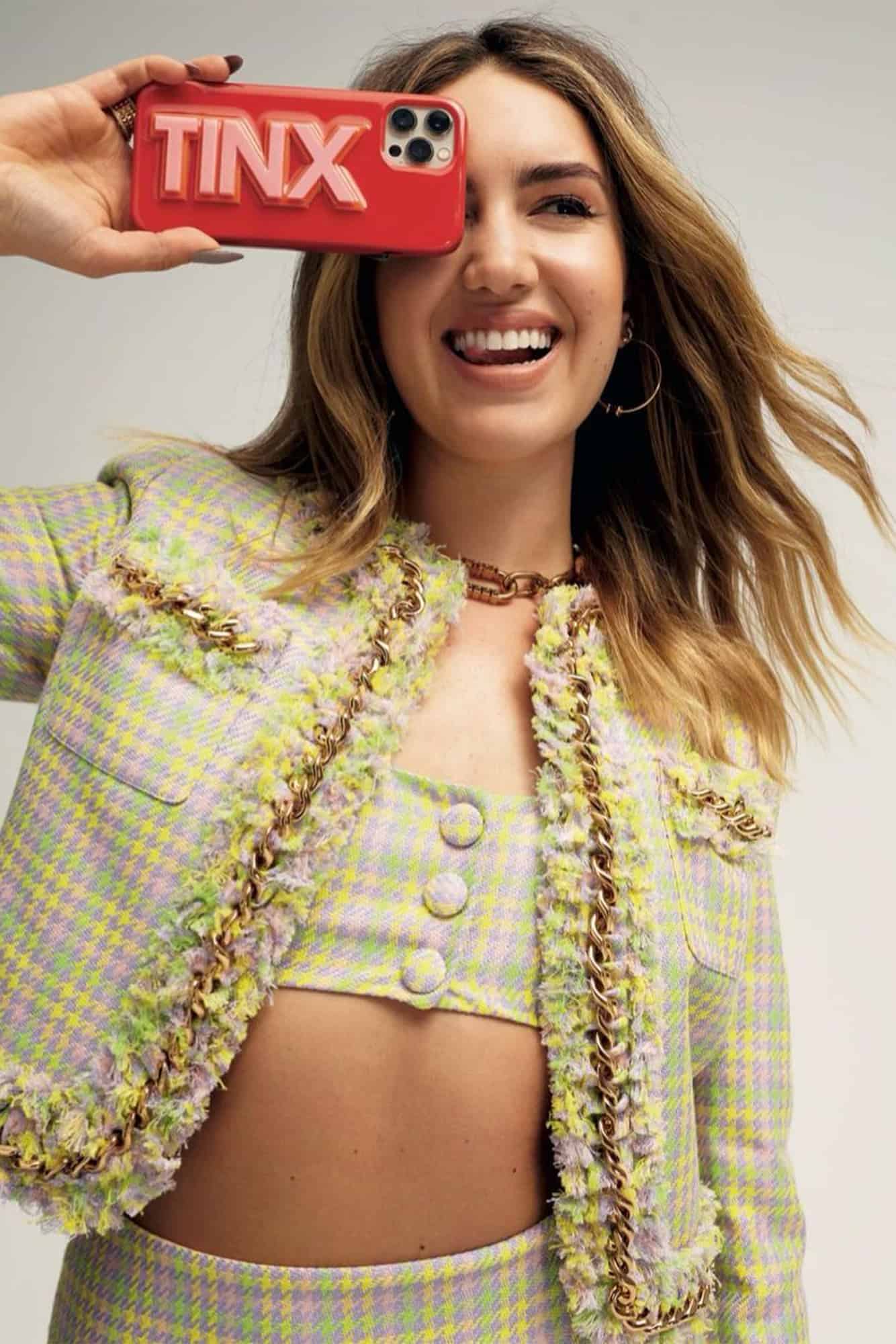TikTok is one of the biggest marketing tools transforming the music industry right now. In 2020, we’ve seen the video-sharing app propel the careers of artists like Doja Cat, Sam Fischer, the UK’s own S1mba and most notably, Roddy Ricch. Towards the end of 2019, the American rapper’s breakout song The Box became the subject of many videos on TikTok due to its staple squeaky instrumental that quickly gained popularity. Prior to the song being released as a single, the distinctive “EEE ERR” sound made its way to the platform and triggered a craze of countless comedy skits, music covers, artwork and expressive dance routines that garnered millions of views. Roddy soon earned a number one spot on the Billboard Hot 100 for eleven consecutive weeks and off the success of The Box, his debut album Please Excuse Me for Being Antisocial is now the longest-running debut rap album to top the Billboard 200 since 50 Cent’s Get Rich or Die Tryin’.
Exactly a year ago, unsigned social media star turned rapper Lil Nas X made a similar impact with his meme-inspired single Old Town Road. In 2019, he would break records and become the longest-running number-one single on the Billboard’s Hot 100. Now, both singles have not only played a major part in the careers of Lil Nas X and Roddy Ricch – the former won two Grammys in 2019, while the latter has received three nominations at the 63rd Annual Grammy Awards, including for Song of the Year – but also highlights the significant impact that TikTok has in shaping today’s music industry.
Thanks to its rapid rise, TikTok is redefining how we consume music, offering an alternative means to discover new music. At the same time however, it often feels as though the app is distorting how artists themselves are creating music. This year alone, Houston rapper Megan Thee Stallion digitally thrived despite a series of tragic events. Her single Savage turned into a global obsession on TikTok when popular user Keara Wilson created a dance routine to accompany the song. Savage thus became the most-played song on TikTok that month – accumulating over 7.5billion views – and helped boost the sales of Megan’s EP Suga, which eventually reached number seven on the Billboard 200. Now, acquiring a much bigger fandom, the rapper confidently released her debut album Good News in November and is currently using the same methods to promote her single Body. And while the song is completely on-brand, oozing a level of self-confidence that we all love, the repetitively-annoying hook and playful, danceable beat – like most of the songs on her debut – makes the song feel as though it was purely designed for TikTok.
You may also like
And she’s not the only one, Justin Bieber did the same with his comeback single Yummy. The Canadian singer desperately joined TikTok on the day of its release, uploaded a compilation video of some of the app’s biggest personalities dancing to the song on his YouTube channel and in a now-deleted Instagram post, shared a series of graphics instructing fans on “how to get Yummy number 1”. The same thing happened with Drake, the rapper recruited Instagram choreographer Toosie and his friends Ayo & Teo and Hii Key to create a new routine for his quarantine single Toosie Slide three days prior to its official release.
And while these artists have taken a more creative approach to their promotion methods, overall, it’s starting to become overwhelming. A natural element that made songs like Savage, Old Town Road and The Box loveable is slowly seeing musicians adopt this unwanted formula of making loop-able beats with meme-able lyrics so songs can simply thrive as a stand-alone 15-second snippet purely to ensure swift viral success. Yes, it more than often provides great content but there comes a time when it begins to feel forced and may even result in mainstream humiliation – I mean just Google the words “Justin Bieber”, “Yummy” and “desperate”.
By Jennifer Adetoro, culture reporter for CORQ.










Doja Cat doesn’t make music for TikTok, she’s a natural star for the digital age